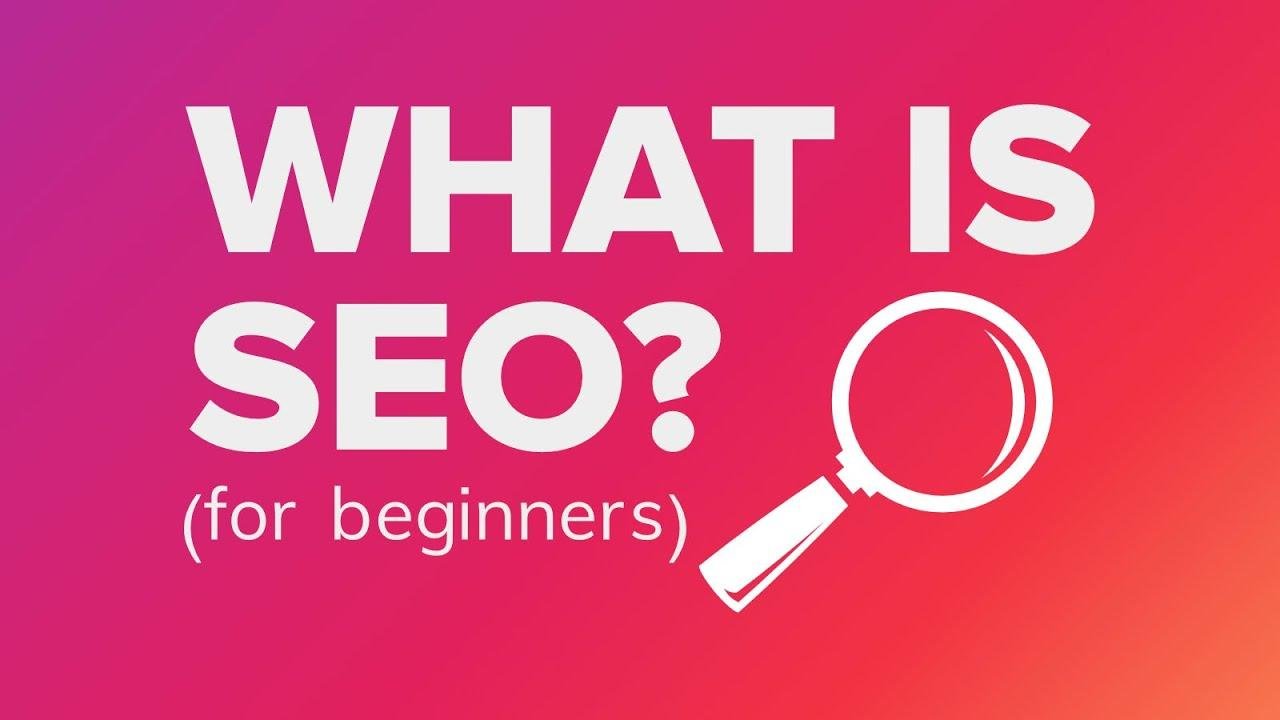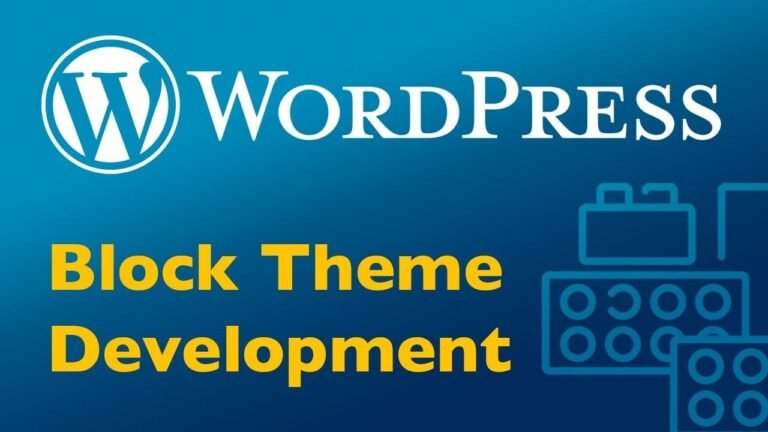SEO is like being a detective for your website, searching for the best keywords to crack the case of high search rankings. It’s all about understanding what users are searching for, creating quality content, and having a website that’s user-friendly. On-page SEO is like running a top-notch store, while off-page SEO is about building your business’s reputation in the community. It’s a whole new world out there! 🕵️♂️🔍📈
🌐 Understanding Search Engine Optimization
Search engine optimization (SEO) is the process of optimizing a website to rank higher in search engine results. To understand SEO, it is essential to first understand how search engines work. Search engines index information from every website and page, organizing it in their index like a filing cabinet. When someone makes a search, the search engine returns the most relevant pages. SEO is dependent on three factors: user search, search intent, and whether Google thinks your website fulfills the user’s goal. This can be distilled into keywords, search intent, quality, and usability factors.
Mastering Keywords
Keywords are crucial for SEO, as users use them to find information. By researching relevant keywords and creating content around them, you can maximize the chances of your website being discovered in search results. Using specialized tools for keyword research can provide hundreds of keywords related to a specific topic, giving you valuable insights into what your audience might be searching for. Understanding search intent is also essential, as it helps create content that aligns with the user’s goals.
Quality and Usability
Quality and usability are equally important factors in SEO. Google uses its advanced machine learning models to determine the quality of content and prioritize higher-quality content in search results. Creating high-quality content involves showcasing expertise, authority, trustworthiness, and answering the reader’s questions. Usability refers to the user’s experience on the website, including design, load times, and readability. Both factors are necessary for achieving higher search result rankings.
Off-Page SEO
Off-page SEO involves actions taken outside of a website to enhance its online visibility and reputation. Just like an electronic store aims to become part of the community and gain recognition, websites should also seek mentions, links, and positive reviews from external sources. This also includes establishing a presence on social media platforms and engaging with online communities and media outlets. Off-page SEO complements on-page SEO and contributes to a website’s overall visibility and credibility.
In conclusion, SEO is a multifaceted process that involves understanding how search engines work, mastering keywords, creating high-quality content, optimizing website usability, and engaging in off-page activities to enhance reputation and visibility. By aligning with these principles, websites can improve their chances of ranking higher in search engine results and attracting more organic traffic.
Key Takeaways
- SEO is a process of optimizing websites to rank higher in search engine results.
- Keywords, search intent, quality, usability, and off-page activities are essential components of SEO.
- Understanding user behavior and aligning content with their needs is crucial for successful SEO strategies.
🤝 Thank you for reading! If you have any questions, feel free to leave them in the comments. And don’t forget to subscribe for more insightful content!






